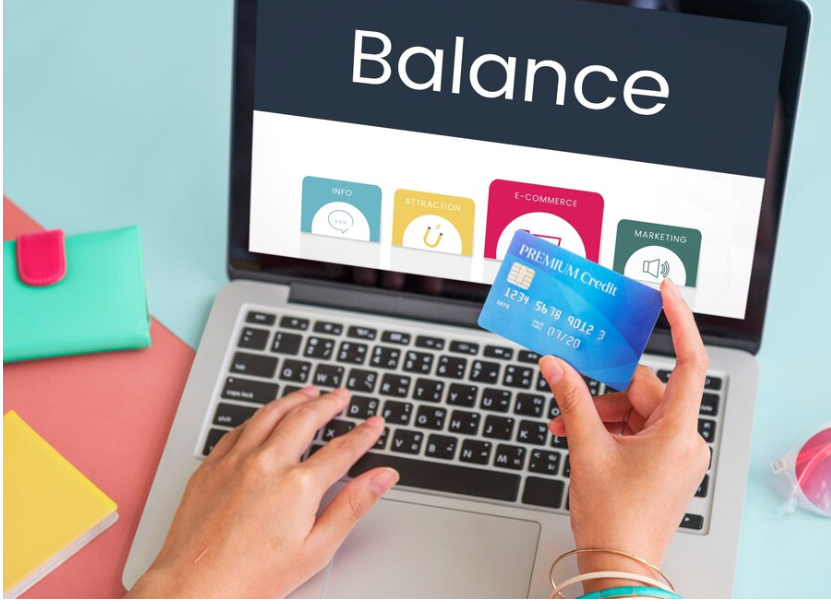A bank account allows us to deposit and withdraw money securely, make transactions, and enjoy various financial services. But, maintaining a minimum balance in a savings bank account can be challenging for some people. It is a bondage, particularly to those with limited income.
Fortunately, banks in India now offer a solution by introducing Zero Balance Accounts. You can open a zero balance savings account online or traditionally by visiting the bank branch. Let’s see why zero-balance accounts can be a valuable tool for low-income individuals.
Advantages of Zero-Balance Accounts for Low-Income Individuals
No Minimum Balance Requirement
Maintaining a minimum balance in a traditional savings account can significantly burden low-income individuals. It often leads to penalty charges and restrictions on accessing essential banking services.
However, with a zero-balance account, individuals can enjoy the benefits of a bank account without worrying about maintaining a minimum balance. This feature ensures that low-income individuals can access essential banking services without financial strain.
Easy Account Maintenance
Traditional bank accounts can be overwhelming for individuals with limited experience managing finances or those new to banking. The complex documentation requirements, various charges, and account maintenance procedures can deter low-income individuals from opening and maintaining accounts. However, a zero balance saving account provides a simplified solution.
Low-income individuals can easily go with a Zero Balance Saving Account Open Online option with minimal documentation. Many banks also offer online and mobile banking facilities, ensuring convenient access to their accounts from anywhere, making banking more accessible and manageable.
Access to Basic Banking Services
Essential banking services such as ATM withdrawals, fund transfers, and online plus mobile banking are crucial for managing your finances effectively. Low-income individuals often require these services to meet their daily financial needs.
Zero-balance accounts ensure access to these essential banking services, empowering them to carry out their financial transactions conveniently and securely.
Financial Assistance and Credit Facilities
Low-income individuals often need help accessing financial assistance and credit facilities due to their limited financial resources. However, several banks offer customised banking solutions for such individuals through their zero-balance accounts.
These solutions may include overdraft facilities and personal loans tailored to their needs. By providing access to credit, these accounts help low-income individuals meet unexpected expenses, bridge financial gaps, and improve their overall financial stability.
Who Can Benefit from a Zero-Balance Account?
Zero-balance accounts like Kotak 811 Edge and others cater to the needs of individuals with limited financial resources or those with difficulty maintaining a minimum balance. Let’s look at some groups of people who can benefit from a zero-balance account.
- Low-Income Individuals
Low-income individuals may need help to maintain a minimum balance in their savings accounts. A zero-balance account can help them avoid penalty charges and provide them with access to essential banking services.
Moreover, many banks offer low-income individuals financial assistance and credit facilities, such as overdraft facilities and personal loans. This support helps bridge the financial gap and empowers low-income individuals to manage their finances more effectively.
- Students
Students, especially those pursuing higher education, often require additional financial resources. Maintaining a minimum balance in their savings bank account may create a barrier. A zero-balance account can give students a hassle-free banking experience and access to essential banking services without worrying about maintaining a minimum balance.
- Individuals with Irregular Income
Individuals with irregular income, such as freelancers, self-employed individuals, or those working in the gig economy, may need help maintaining a minimum balance in their bank accounts.
Fluctuating income levels can make it challenging to meet the requirements of traditional accounts. A zero-balance account provides flexibility and freedom to manage finances without worrying about minimum balance requirements or penalty charges.
Conclusion
Zero-balance accounts like Kotak 811 Edge and those offered by other major banks in India are crucial to allow financial inclusion of low-income individuals in India. These accounts eliminate the barriers of maintaining a minimum balance and hidden charges, making banking services more accessible and affordable.
By providing easy account maintenance, access to essential banking services, financial assistance, and credit facilities, these zero-balance accounts empower low-income individuals to improve their financial situation and achieve their financial goals.
